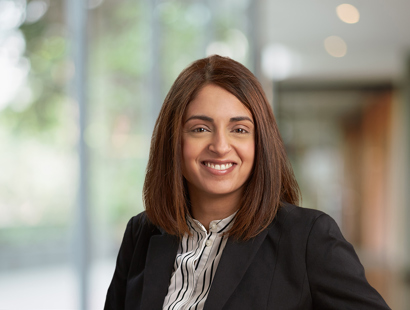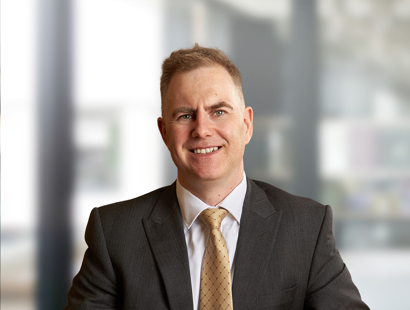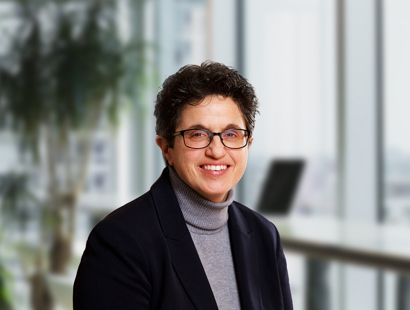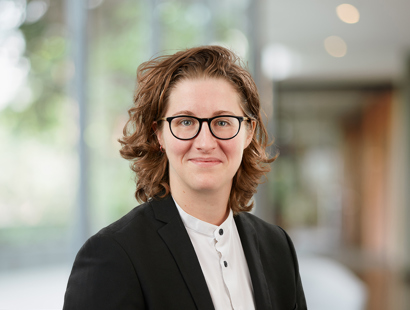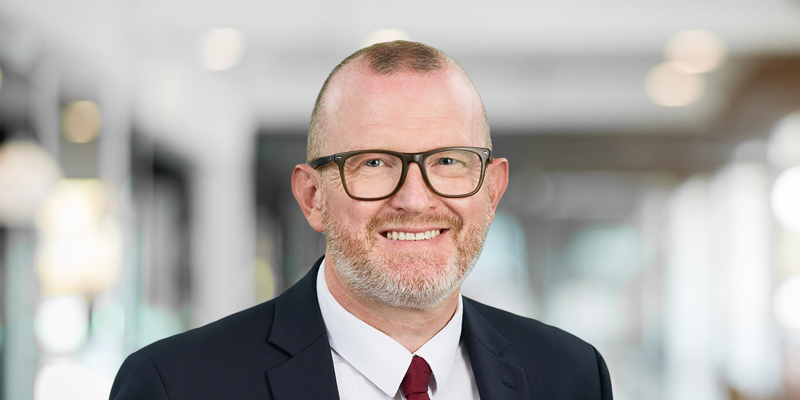
Pride month: Family matters
This Pride Month, we look back at Managing Partner James Carroll’s moving reflection on how decades of legal and social change have shaped not only the rights of LGBTQ+ individuals, but also the lives of those closest to him.
I write this from a train going off to Dorset to see my mum for the weekend. Such simple acts now have such huge significance. Why is that relevant to Pride Month? More so, why is that relevant to the pride that Russell-Cooke should have and should rightly celebrate? The reason is that firms like ours, and colleagues like mine, have changed my mum’s life. Having had a couple of husbands, my mum now has a lovely wife.
Lorraine and Mum have been together over 20 years. Initially, family lawyers like me would have described them as 'cohabitees'. That was technically correct but the reality was that they had no option as their relationship, though not illegal, couldn't be anything else. Thankfully, in many ways, they didn't 'come out' until their later years when their children (7 between them) were older. In the 70s, when I was born, it was a common occurrence for family courts to remove children from their mothers on the basis of their sexuality. Though before my time, family lawyers, including my predecessors at Russell-Cooke, battled against such decisions for years.
Mum and Lorraine had a commitment ceremony a few years after being together. The celebration echoed a wedding but, though lovely, had no legal significance whatsoever. Years on, I was heavily involved, as were many of my Russell-Cooke colleagues, in the campaign for civil partnership. While I knew mum wanted to marry Lorraine, I wasn't sure how they would feel about being civil partners (the debate was rife at the time as to whether it was inferior or "separate but equal"). Mum and Lorraine were pretty clear where they stood; they wanted a legal relationship. They were the first lesbian couple to civil partner in Northampton, where they now live. Their big day made the local paper who 'outed' me in the process. Thankfully I was already entirely out at a firm where I knew I never had to be 'in'.
Years on still, I, along with many of my Russell-Cooke colleagues, again became heavily involved in the campaign for same-sex marriage. The debate was no longer about "separate but equal" but pure equality. I still incorrectly refer to the legislation that followed as the Equal Marriage Act whereas it is actually called the Marriage (Same Sex Couples) Act 2013. Where legal reform went, my mum followed. At that time there was a period akin to an amnesty whereby you could 'convert' without having to pay a fee, so she and Lorraine converted their civil partnership to a marriage .
Oddly, England and Wales had inadvertently gotten themselves into a bit of a muddle. Discrimination was still rife, though this time against straight people. If you were gay, you had a choice: cohabitation, civil partnership or marriage. Straight people were denied the second option. Years on, I, again with many of my Russell-Cooke colleagues, were again engaged in tackling unfair discriminatory laws, and soon followed the opening of civil partnerships to heterosexual couples. This time my mum didn’t follow suit (her heterosexual days were very much over) but others did.
We still don't have equality. People are treated differently and many would say unfairly depending on the legal status ascribed to their relationships, but over the two decades of my life at Russell-Cooke, I have seen and am proud to have been a part of a change that isn't just about legal reform, but is about lawyers at the forefront of the campaign for fundamental rights and freedoms. Those rights and freedoms aren't academic – they affect people's lives, including my mum's. So thanks to my colleagues for the work they have done and continue to do – your efforts make my mum and her wife happier ladies.
Get in touch
Call us on +44 (0)20 3826 7550 or complete our enquiry form.

